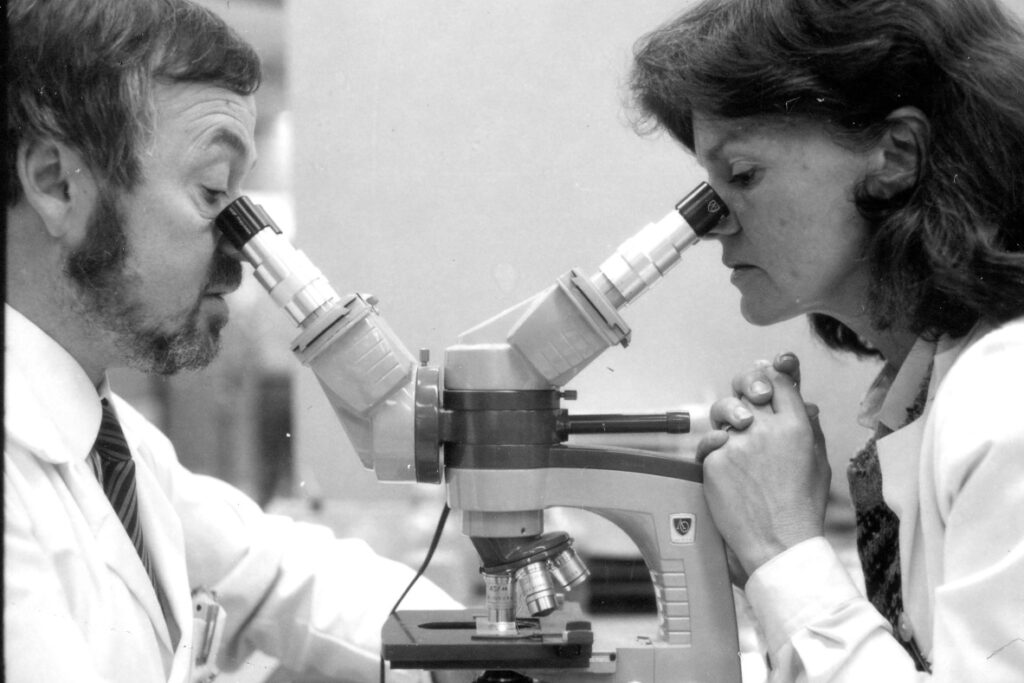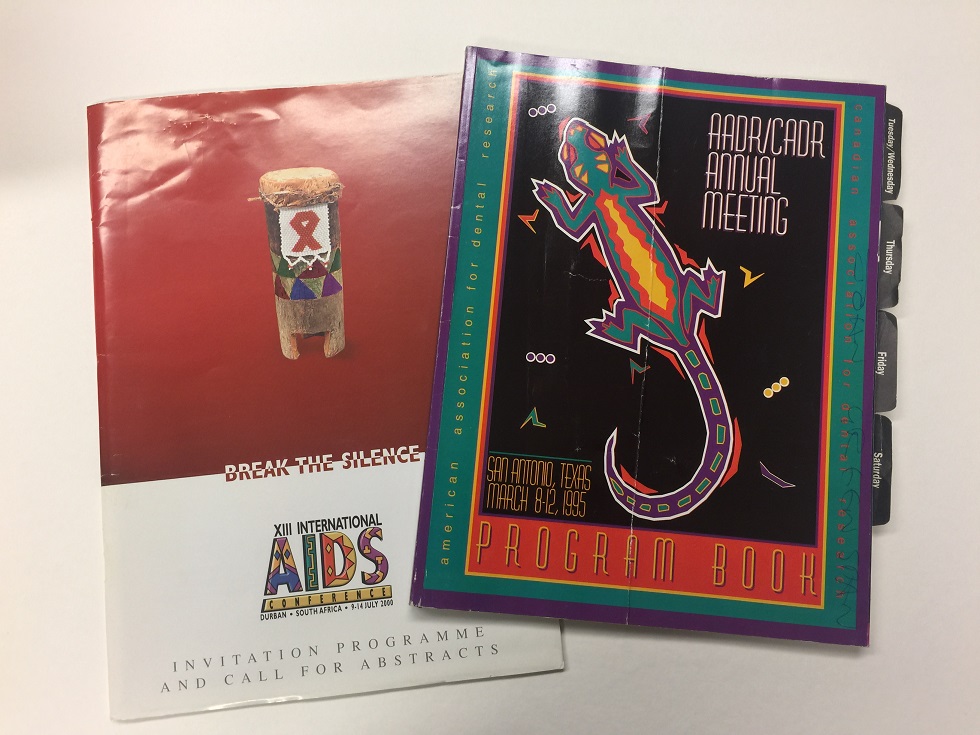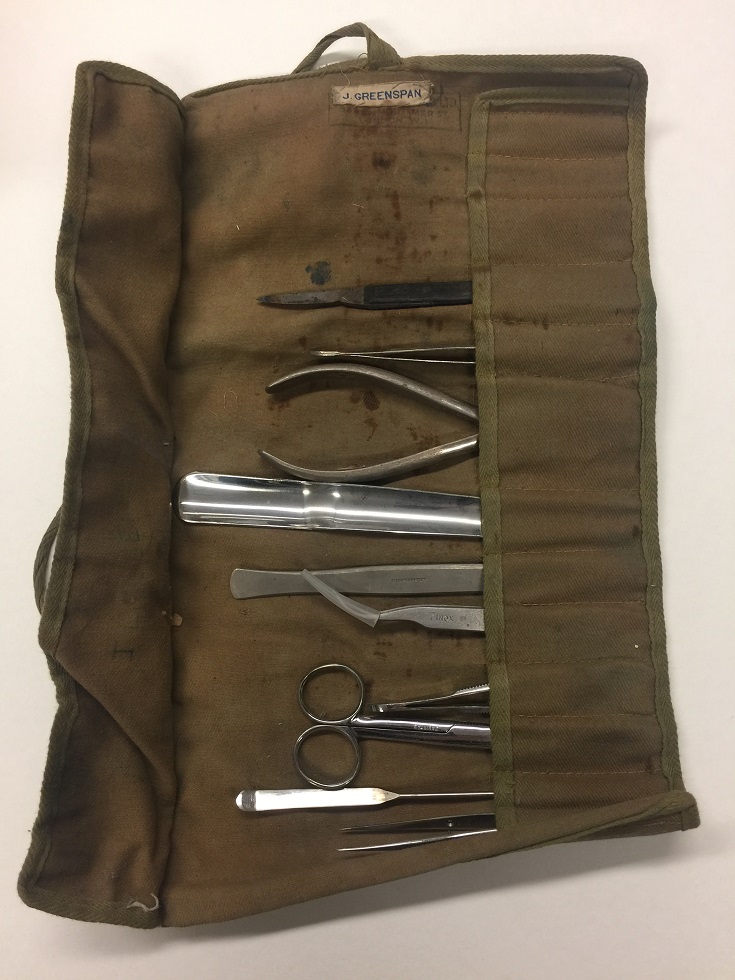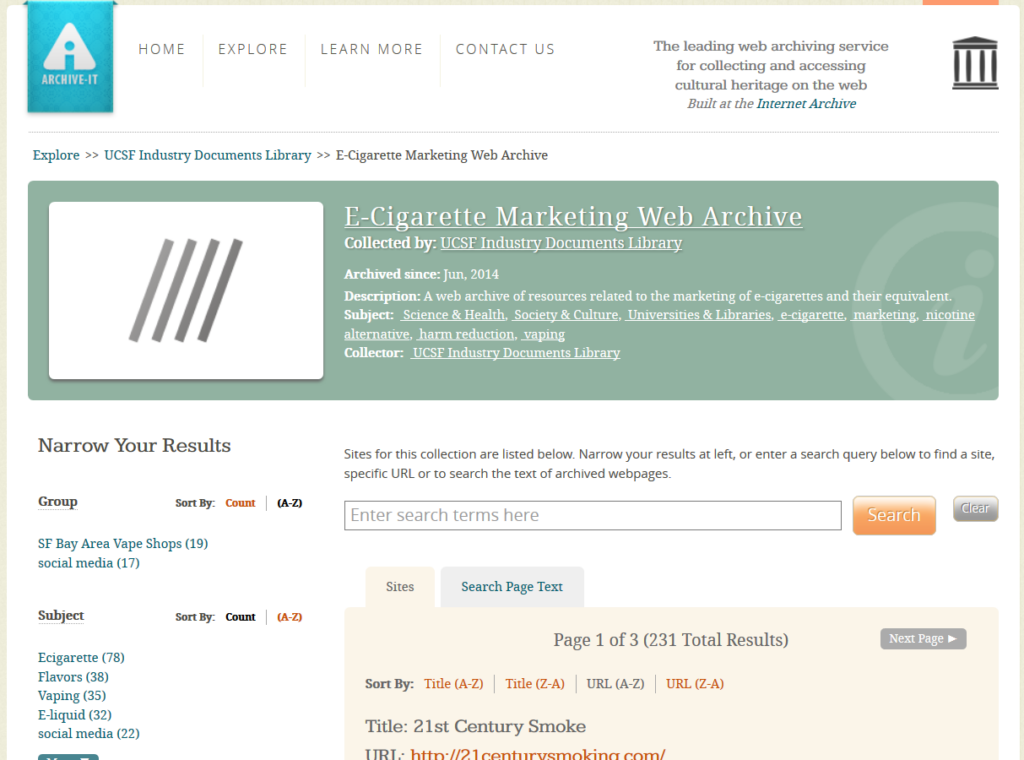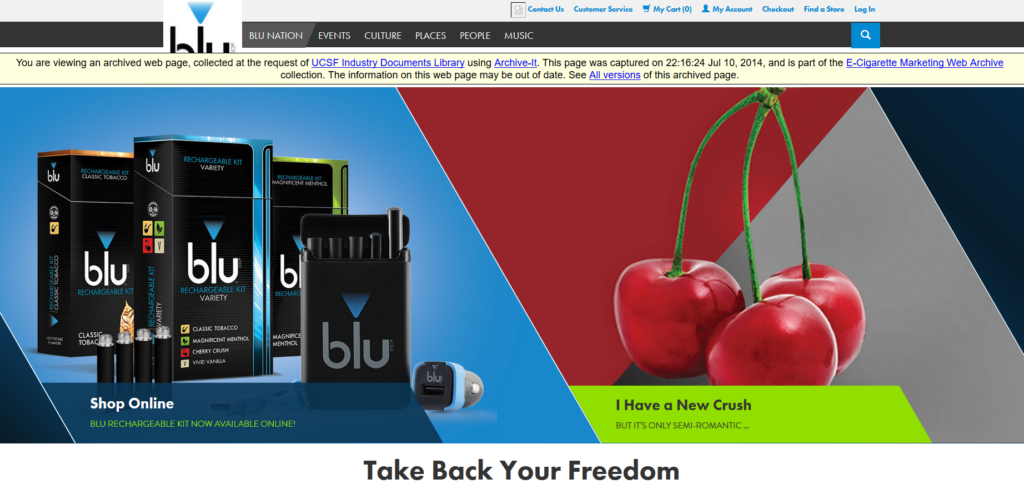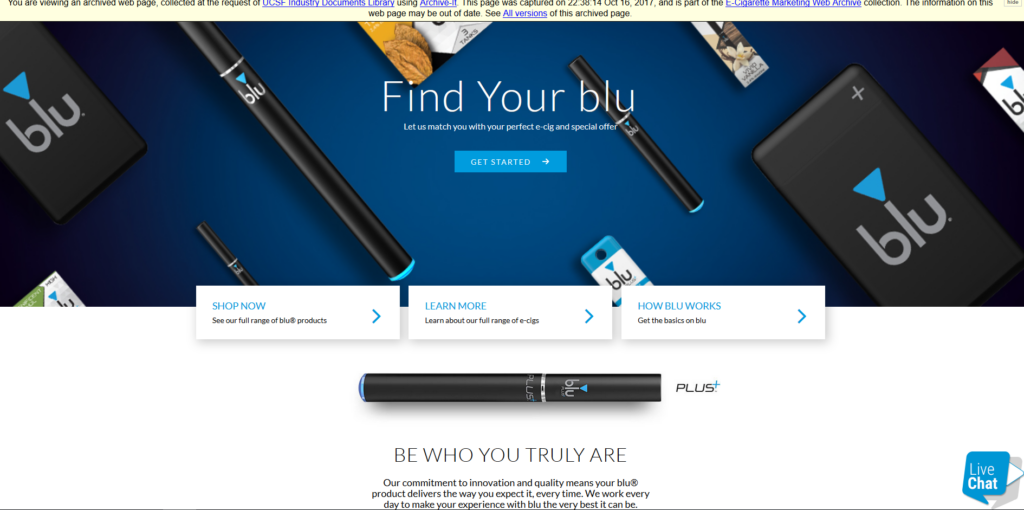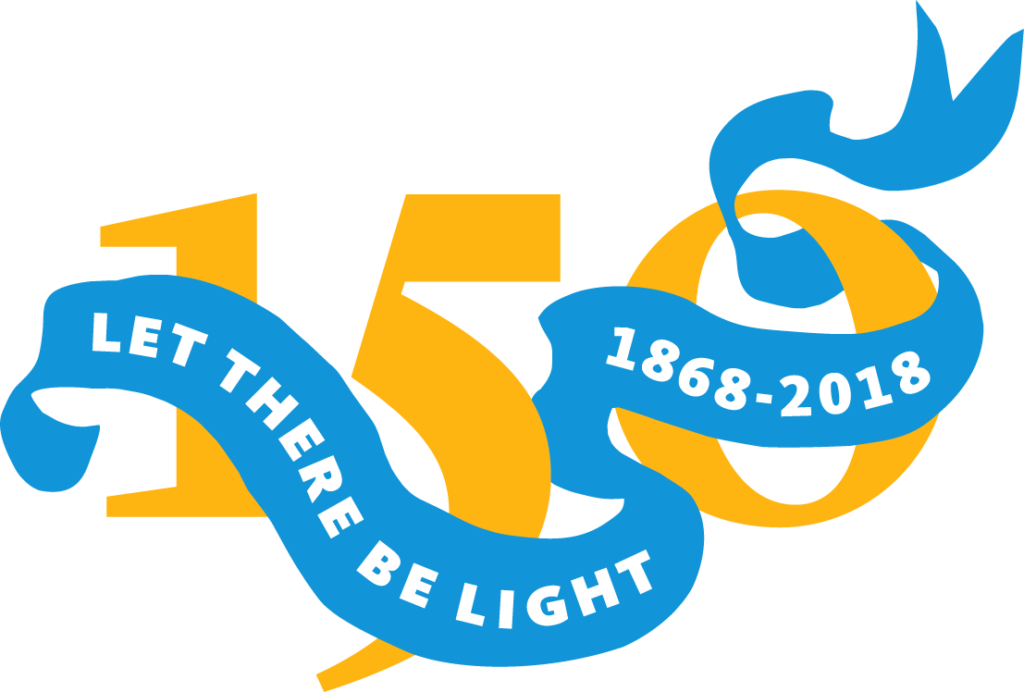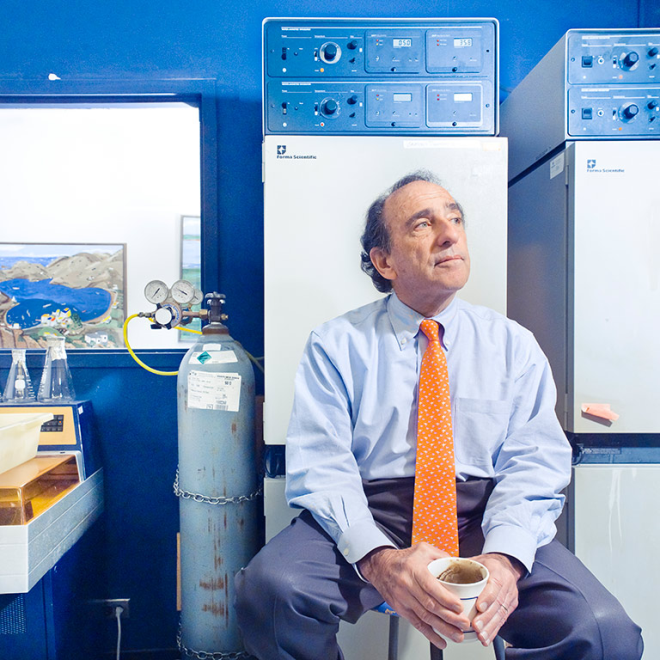As part of our current National Archives NHPRC grant, “Evolution of San Francisco’s Response to a Public Health Crisis: Providing Access to New AIDS History Collections,” we’ve been processing the papers of John S. Greenspan. Greenspan served as the founding Director of the UCSF Oral AIDS Center and the UCSF AIDS Specimen Bank. He is Distinguished Professor Emeritus of Oral Pathology in the Department of Orofacial Sciences and the former Associate Dean for Global Oral Health in the School of Dentistry at UCSF along with Director-Emeritus of the campuswide AIDS Research Institute at UCSF.
Greenspan’s work has played a major role in HIV research and care. He and his longtime collaborator and wife Deborah Greenspan, BDS, DSc, discovered the lesion hairy leukoplakia and determined the significance of this and other oral lesions in HIV/AIDS. He has published and lectured widely on the oral aspects of AIDS, oral pathology, and immunopathology.

Photographs of the Second International Workshop on the Oral Manifestations of HIV Infection, 1993. Greenspan papers, MSS 2016-14.
Greenspan’s research interests include the global health aspects of AIDS and his professional service reflects this. He has served as President of the American Association for Dental Research (AADR) and the International Association for Dental Research (IADR). He is the founding President of the IADR Global Oral Health Inequalities Research Network (IADR-GOHIRN) and of the Consortium of Universities for Global Health’s Global Oral Health Interest Group (GOHIG).
Greenspan’s papers include records of his research and work developing the Oral AIDS Center and the AIDS Specimen Bank. They also include material related to his teaching and service in professional organizations, including AADR and IADR. Greenspan’s papers feature correspondence with members of his global network of researchers and healthcare providers and records of the various national and international conferences and meetings of which he was a part. The collection includes some unique types of material, including audiovisual recordings, glass microscope slides, health science instruments, and conference posters and photographs of events.
At the conclusion of the Greenspan processing project, a detailed finding aid will be available to researchers online and a small portion of the collection will be digitized and made available on Calisphere.

